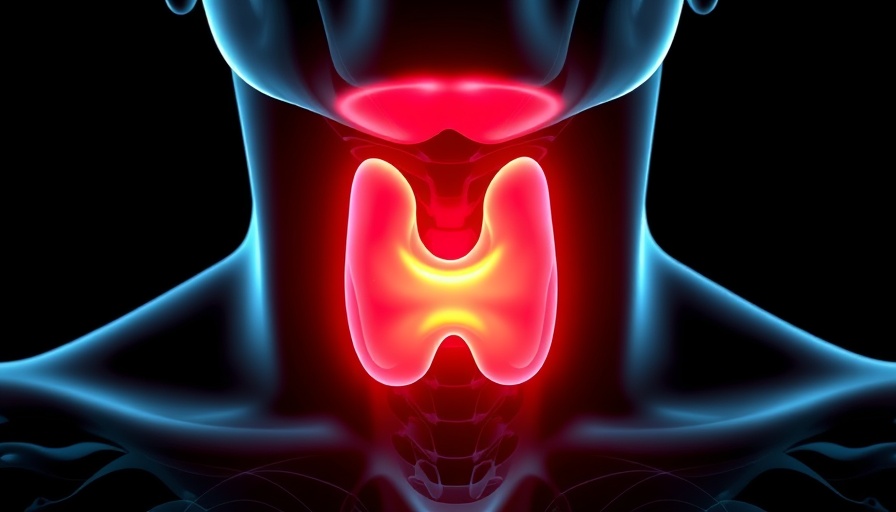
Understanding the Journey: How Multiple Sclerosis is Diagnosed
Multiple Sclerosis (MS) remains a complex and often challenging condition to diagnose, with its symptoms mirroring various neurological disorders. Timely diagnosis is critical for effective treatment and management of the disease, and recent advancements are paving the way for more efficient diagnostic methods.
Significant Diagnostic Advances: The 2024 McDonald Criteria
The latest revisions to the McDonald diagnostic criteria, detailed by Cleveland Clinic's Dr. Daniel Ontaneda, are a remarkable stride toward a biomarker-driven approach to diagnosing MS. These criteria aim to minimize delays, which average around two years from symptom onset, a concerning fact as early intervention drastically improves patient outcomes. The new approach recognizes the optic nerve as a fifth anatomical location for assessing disease progression, enhancing the accuracy of diagnoses and bringing hope for earlier treatment options.
Clearing Misdiagnosis: The Role of Biomarkers
One of the most promising aspects of the revised criteria is the emphasis on biomarkers. These tools, such as the kappa free-light chain index and advanced MRI techniques, are designed to improve diagnostic certainty, significantly reducing the chance of misdiagnosis – a problem affecting about 20% of patients who are labeled with MS incorrectly. Biomarkers such as the central vein sign and paramagnetic rim lesions provide solid evidence for distinguishing MS from other conditions, ensuring patients receive the correct diagnosis and appropriate care.
Diagnosing Without Symptoms: A Paradigm Shift
Perhaps most groundbreaking is the ability to diagnose MS even in asymptomatic patients when certain criteria are met. This shift allows for proactive management of the disease, reflecting a significant change in clinical practice that could alter the future landscape of MS treatment. Just as cardiologists can detect heart issues preemptively using sonograms, neurologists may soon utilize biomarker testing to diagnose MS without waiting for clinical symptoms.
Making Sense of It All: Emotional Impact and Community Awareness
For individuals and families grappling with the uncertainties of MS, understanding these developments can be both reassuring and empowering. Awareness of how diagnosis works, including the science and advancements behind it, helps patients advocate for their health. Community support becomes crucial, fostering a network where shared experiences create greater resilience among those affected by MS.
In conclusion, the evolving field of multiple sclerosis diagnosis opens new doors and instills a sense of hope for many. By embracing these changes, patients and caregivers can proactively engage in the management of this condition. Stay informed and connected, because knowledge really is power in the journey towards wellness.
 Add Row
Add Row  Add
Add 



Write A Comment